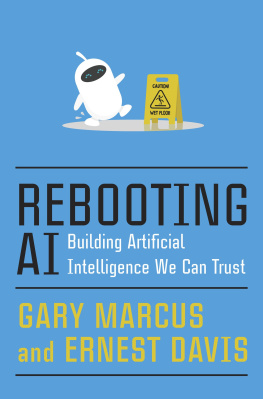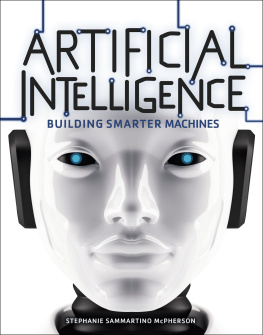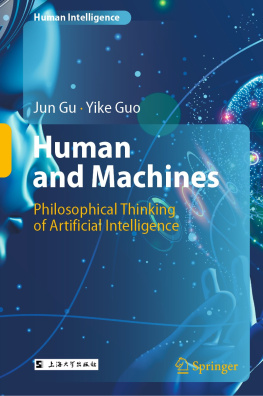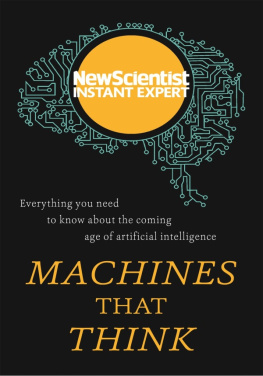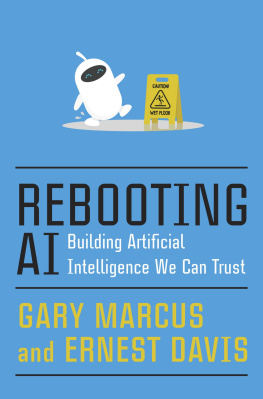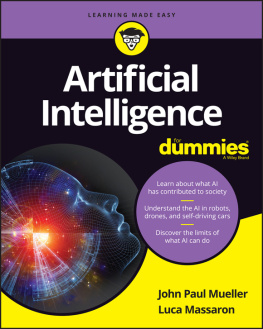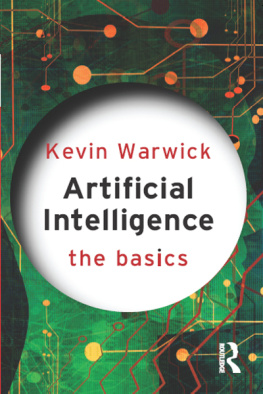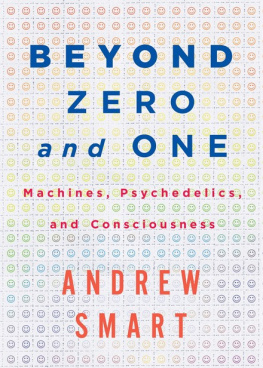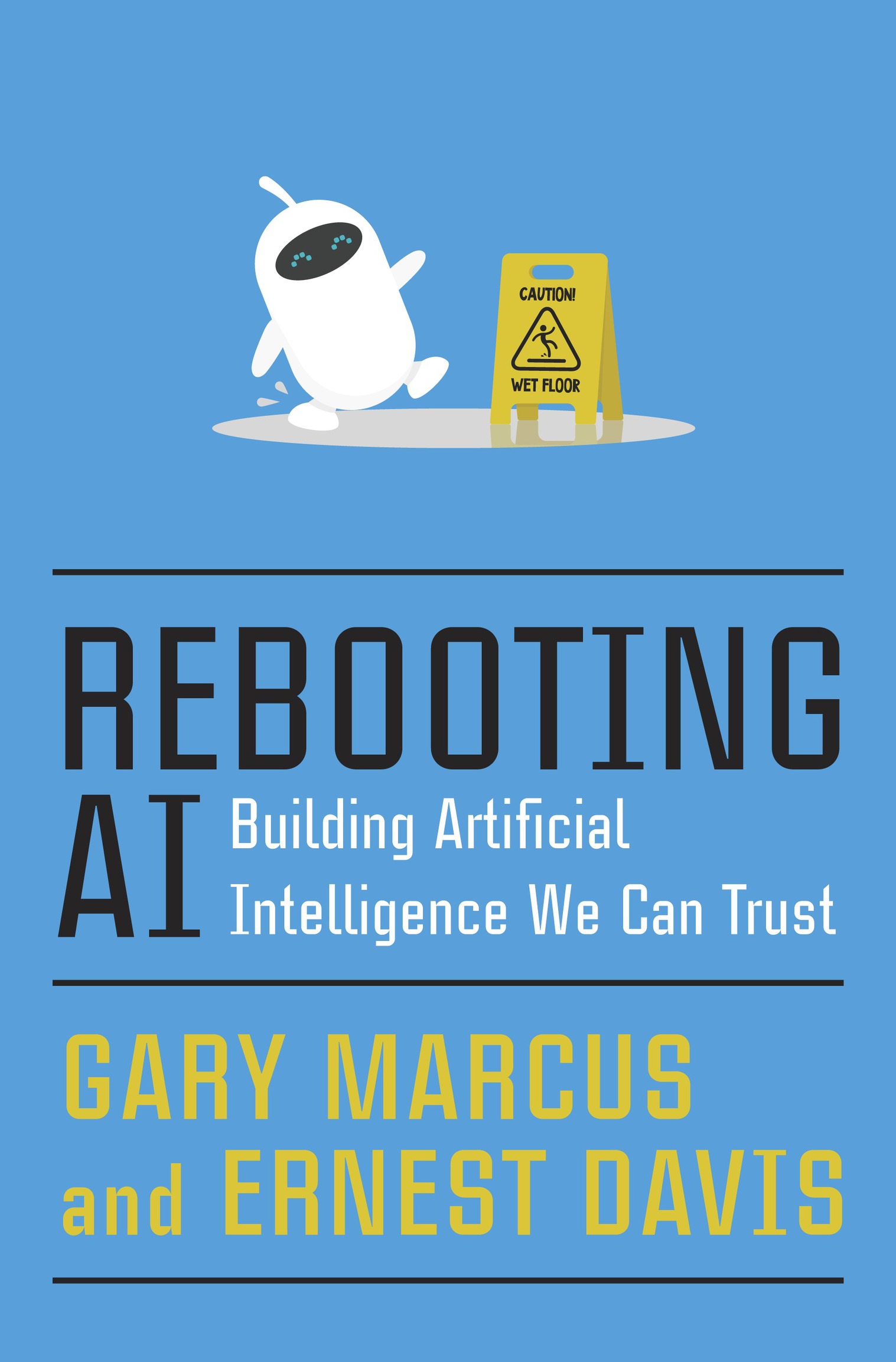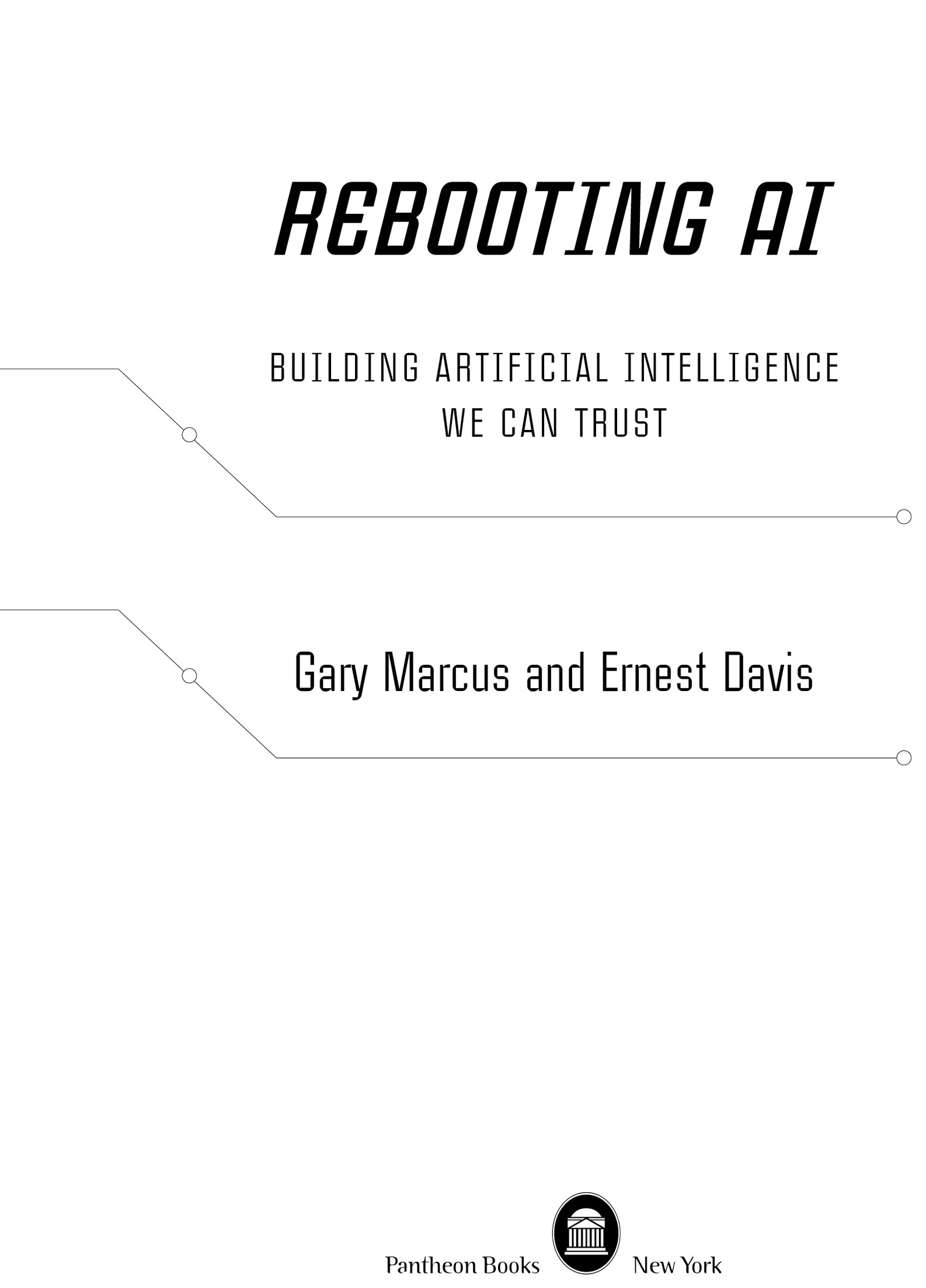ALSO BY GARY MARCUS
Guitar Zero
Kluge
The Birth of the Mind
The Algebraic Mind
EDITED BY GARY MARCUS
The Future of the Brain
The Norton Psychology Reader
ALSO BY ERNEST DAVIS
Representations of Commonsense Knowledge
Linear Algebra and Probability for Computer Science Applications
Copyright 2019 by Gary Marcus and Ernest Davis
All rights reserved. Published in the United States by Pantheon Books, a division of Penguin Random House LLC, New York, and distributed in Canada by Random House of Canada, a division of Penguin Random House Canada Limited, Toronto.
Pantheon Books and colophon are registered trademarks of Penguin Random House LLC.
Grateful acknowledgment is made to Houghton Mifflin Harcourt Publishing Company for permission to reprint an excerpt from A Little Girl Tugs at the Tablecloth, from Monologue of a Dog: New Poems by Wislawa Szymborska, translated from the Polish by Stanislaw Baranczak and Clare Cavanagh. Copyright 2002 by Wislawa Szymborska. English translation copyright 2006 by Houghton Mifflin Harcourt Publishing Company. Reprinted by permission of Houghton Mifflin Harcourt Publishing Company. All rights reserved.
Library of Congress Cataloging-in-Publication Data
Names: Marcus, Gary, author. Davis, Ernest, author.
Title: Rebooting AI : building artificial intelligence we can trust / Gary Marcus and Ernest Davis.
Description: First edition. New York : Pantheon Books, 2019. Includes bibliographical references and index.
Identifiers: LCCN 2019005842. ISBN 9781524748258 (hardcover : alk. paper). ISBN 9781524748265 (ebook).
Subjects: LCSH: Artificial intelligence.
Classification: LCC Q335 .M368 2019 | DDC 006.3--dc23 | LC record available at lccn.loc.gov/2019005842
Ebook ISBN9781524748265
www.pantheonbooks.com
Cover image by Nadia Snopek/Shutterstock
Cover design by Kelly Blair
v5.4_r1
ep
For my children, Alexander and Chloe, who have taught me so much, and my wife, Athena, who shares my zest for learning from them.
Gary
For my wife, Bianca, the love of my life.
Ernie
Although this wave of popularity is certainly pleasant and exciting for those of us working in the field, it carries at the same time an element of danger. While we feel that information theory is indeed a valuable tool in providing fundamental insights into the nature of communication problems and will continue to grow in importance, it is certainly no panacea for the communication engineer or, a fortiori, for anyone else. Seldom do more than a few of natures secrets give way at one time. It will be all too easy for our somewhat artificial prosperity to collapse overnight when it is realized that the use of a few exciting words like information, entropy, redundancy, do not solve all our problems.
C LAUDE E . S HANNON, T HE B ANDWAGON, IRET RANSACTIONS ON I NFORMATION T HEORY, 1(2) (1956):3
Any fool can know. The point is to understand.
O RIGIN UNKNOWN, OFTEN ATTRIBUTED TO ALBERT EINSTEIN
Contents
1
Mind the Gap
Machines will be capable, within twenty years, of doing any work a man can do.
AI PIONEER HERB SIMON, 1965
FIRST CHILD [on a long, arduous journey]: Is it much further, Papa Smurf?
FATHER: Not far now.
SECOND CHILD [much later]: Is it much further, Papa Smurf?
FATHER: Not far now.
THE SMURFS
Since its earliest days, artificial intelligence has been long on promise, short on delivery. In the 1950s and 1960s, pioneers like Marvin Minsky, John McCarthy, and Herb Simon genuinely believed that AI could be solved before the end of the twentieth century. Within a generation, Marvin Minsky famously wrote, in 1967, the problem of artificial intelligence will be substantially solved. Fifty years later, those promises still havent been fulfilled, but they have never stopped coming. In 2002, the futurist Ray Kurzweil made a public bet that AI would surpass native human intelligence by 2029. In November 2018 Ilya Sutskever, co-founder of OpenAI, a major AI research institute, suggested that near term AGI [artificial general intelligence] should be taken seriously as a possibility. Although it is still theoretically possible that Kurzweil and Sutskever might turn out to be right, the odds against this happening are very long. Getting to that levelgeneral-purpose artificial intelligence with the flexibility of human intelligenceisnt some small step from where we are now; instead it will require an immense amount of foundational progressnot just more of the same sort of thing thats been accomplished in the last few years, but, as we will show, something entirely different.
Even if not everyone is as bullish as Kurzweil and Sutskever, ambitious promises still remain common, for everything from medicine to driverless cars. More often than not, what is promised doesnt materialize. In 2012, for example, we heard a lot about how we would be seeing autonomous cars [in] the near future . In 2016, IBM claimed that Watson, the AI system that won at Jeopardy!, would revolutionize healthcare , stating that Watson Healths cognitive systems [could] understand , reason, learn, and interact and that with [recent advances in] cognitive computing we can achieve more than we ever thought possible. IBM aimed to address problems ranging from pharmacology to radiology to cancer diagnosis and treatment, using Watson to read the medical literature and make recommendations that human doctors would miss. At the same time, Geoffrey Hinton, one of AIs most prominent researchers, said that it is quite obvious we should stop training radiologists.
In 2015 Facebook launched its ambitious and widely covered project known simply as M, a chatbot that was supposed to be able to cater to your every need, from making dinner reservations to planning your next vacation.
As yet, none of this has come to pass. Autonomous vehicles may someday be safe and ubiquitous, and chatbots that can cater to every need may someday become commonplace; so too might superintelligent robotic doctors. But for now, all this remains fantasy, not fact.
The driverless cars that do exist are still primarily restricted to highway situations with human drivers required as a safety backup, because the software is too unreliable. In 2017, John Krafcik, CEO at Waymo, a Google spinoff that has been working on driverless cars for nearly a decade, boasted that Waymo would shortly have driverless cars with no safety drivers. It didnt happen. A year later, as

